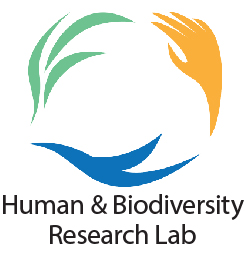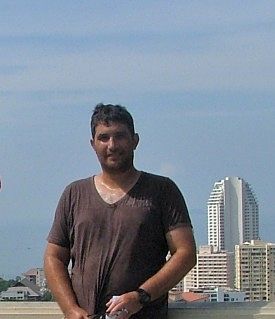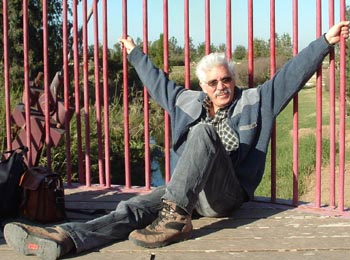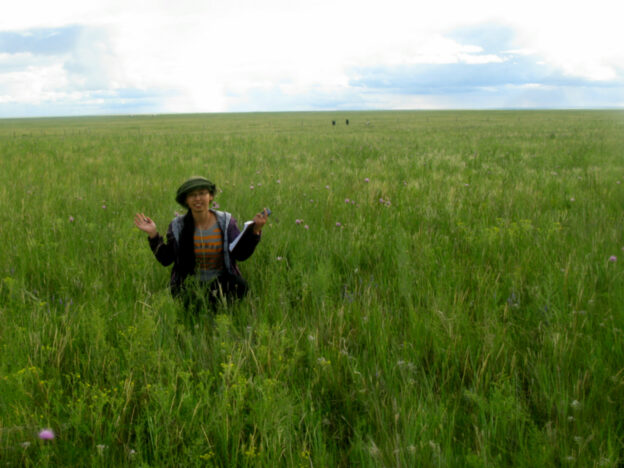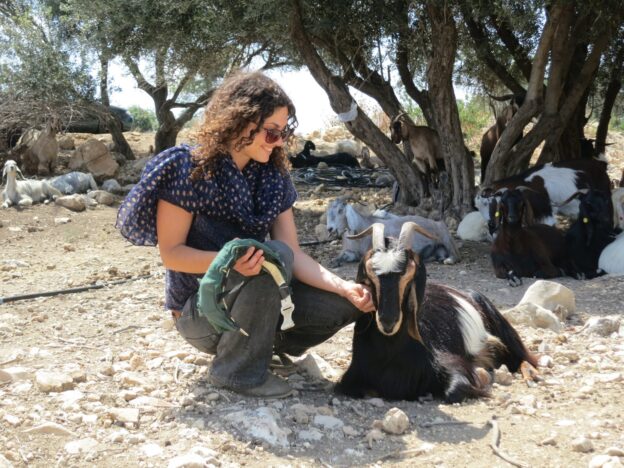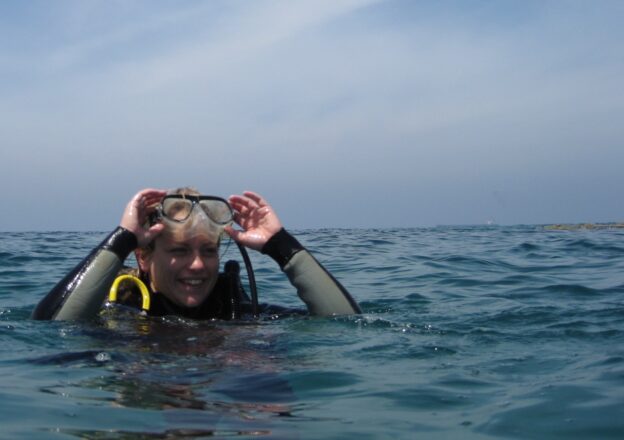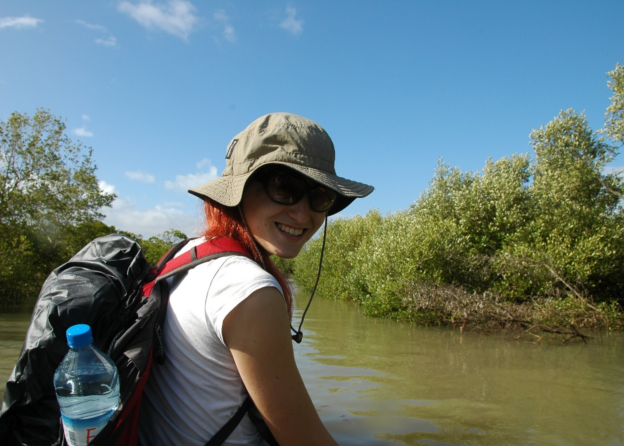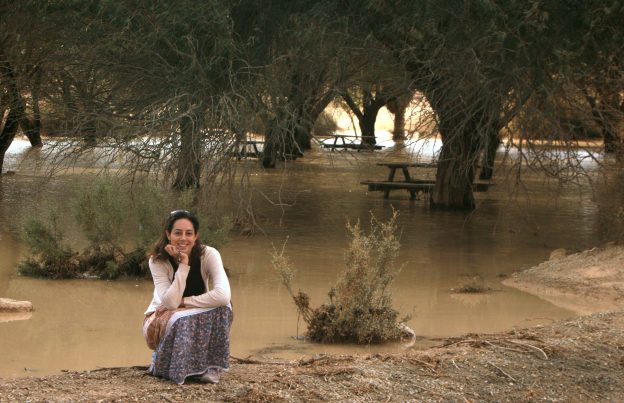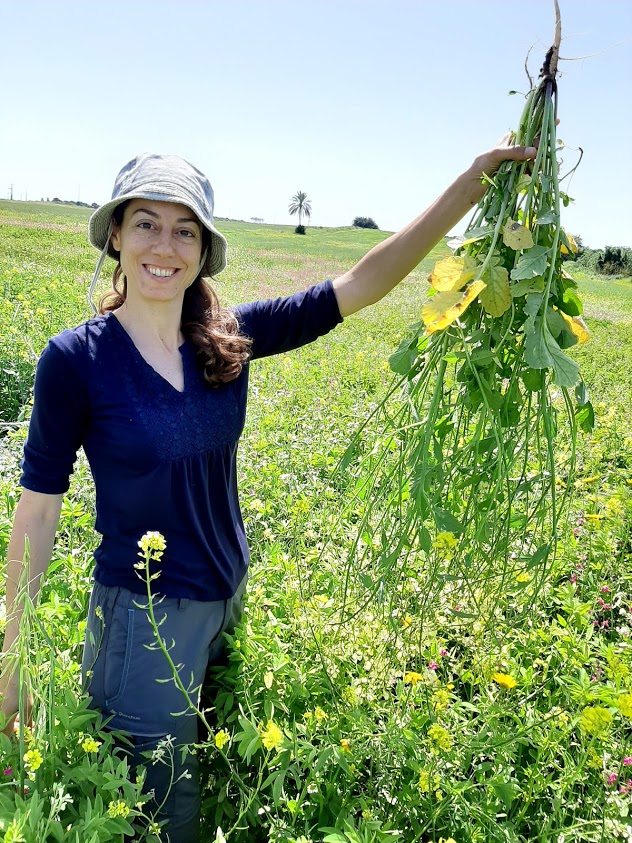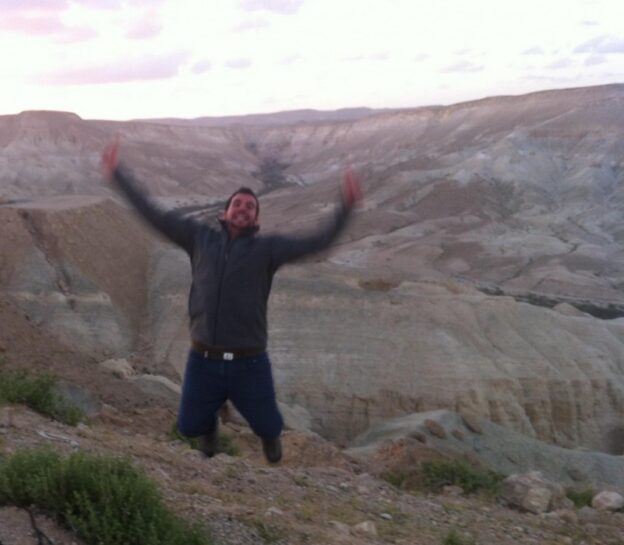Biography
Hila has a BSc in Life Sciences from the Hebrew University of Jerusalem, where she also completed her MSc in ecology studying the effects of grazing on plant communities. She did her PhD in our lab with Prof. Assaf Shwartz and Prof. Yohay Carmel on optimization of ecological benefits and economic costs of field margins for conservation planning. She then continued as a postdoctoral research associate in the Hebrew University and Volcani center, and then in Wageningen University (Netherlands) where she worked on improving wildlife-friendly interventions in farmland to enhance their public (biodiversity) and private (pollination and pest control) benefits. In 2022 she started the Agroecology & Nature Conservation lab in the department of natural resources, Volcani center (ARO), Israel.
Research
PhD dissertation: Optimizing ecological benefits and economic costs of field margins for conservation planning
Advisors: Assistant Professor Assaf Shwartz and Prof. Yohay Carmel
Development in the past few decades has caused a major decline in biodiversity worldwide, and more species are expected to become extinct in the near future. Conservation efforts so far focused on increasing nature-reserves and improving their quality but sufficient increase is challenging and may not result in the desired increase in biodiversity because of geographic and economic biases in reserve location and size. Instead, multifunctional landscapes with environment-friendly agriculture may support both food-production and conservation goals, but may cause loses in yield and, in turn, economic costs.
In our research, we examine the trade-offs that emerge from the multifunctional-landscapes approach focusing on field margins management.
Our case-study area is located in Emek-Harod valley in Israel, an agricultural area with small semi-natural patches that separates two important ecoregions in Israel (Galillee and the Shomron). The research combines an ecological survey designed to evaluate the ecological value of different land-uses in the valley with field-level manipulation designed to evaluate the costs of leaving uncultivated field-margins.
The results of these two evaluations were combined into a spatially-implicit model to select the planning alternatives that maximize the ecological benefits and minimize the costs for the farmers. Our results provide new insights about better planning of agricultural landscapes, which are crucial for promoting good policy-practices in this field.
Current work
As a postdoctoral research associate at Wageningen University, I continued to work on linking ecosystem services supporting crop yield with farmland conservation, as part of the H2020 SHOWCASE project. In south Limburg, the Netherlands, I compared multiple biodiversity-friendly interventions of different nature and assessed their quality. Specifically, I studied how different guilds of natural enemies and pollinators respond to the management practice and how can we re-design interventions with farmers to improve their quality.
Currently, I am head of the Agroecology & Nature Conservation lab in Volcani center. My main interest is the interface between biodiversity conservation and agricultural landscapes, and I am particularly interested in resolving trade-offs and finding synergies between the benefits to people and to biodiversity. The research in our lab has a strong ecological foundation, which we integrate with methods and concepts from environmental sciences and economy, to explore agro-ecosystems as complex multi-functional systems.
Links
